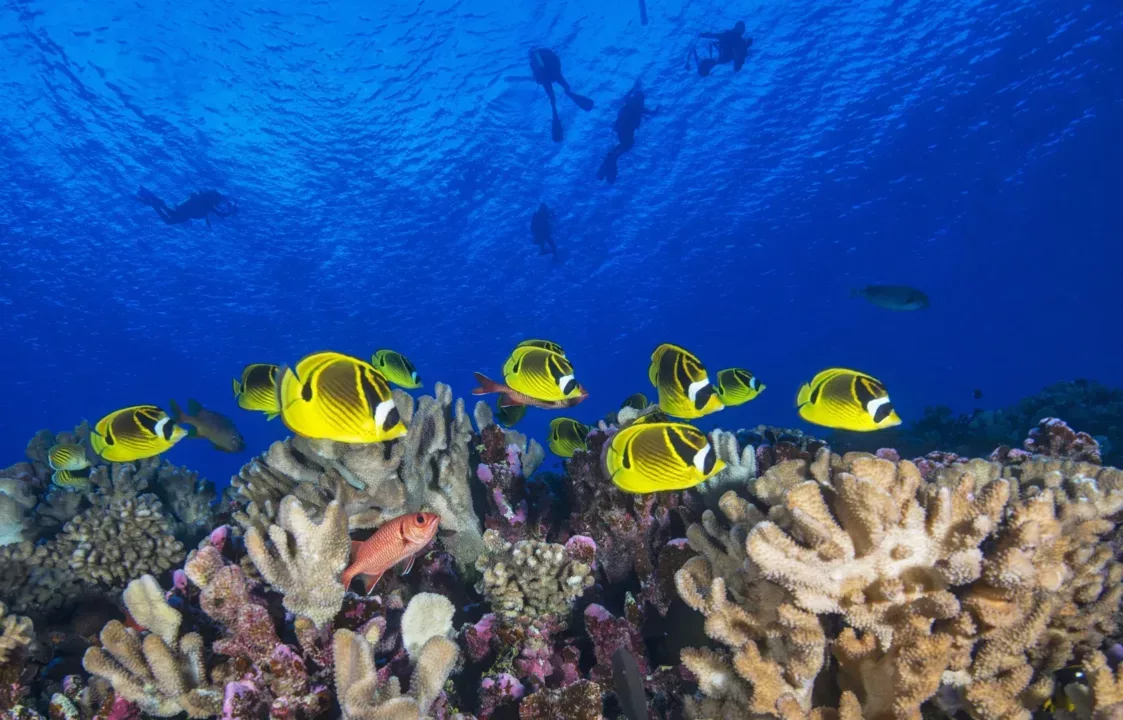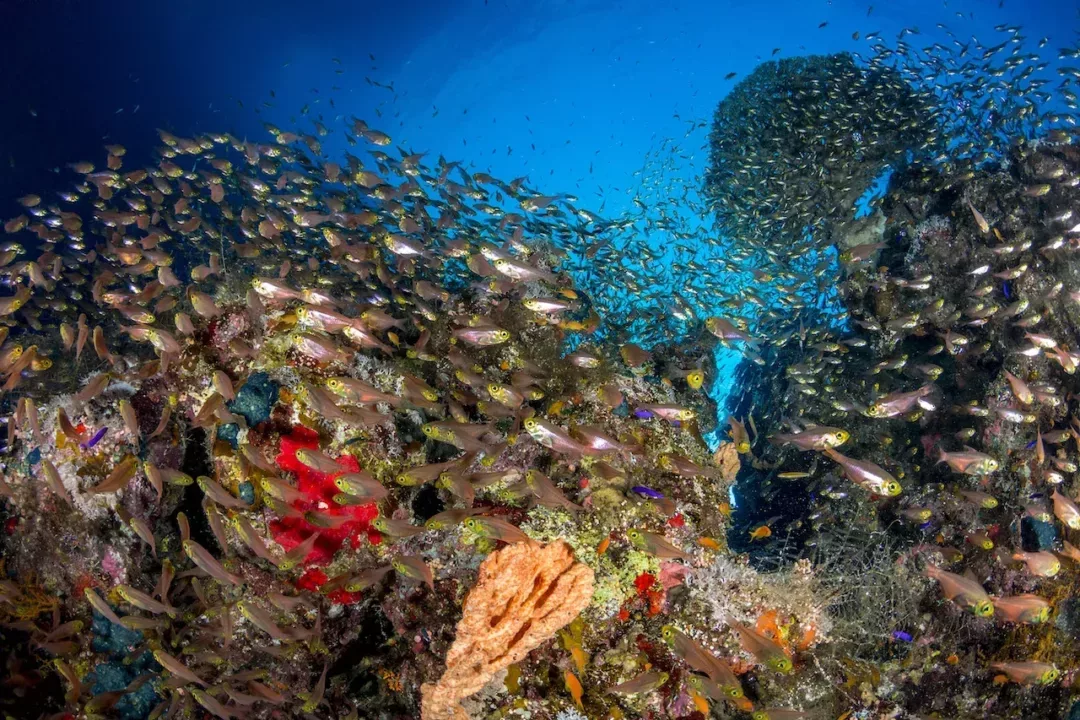The 14th edition of the Caribbean Marine Protected Area Management Network (CaMPAM) Training of Trainers on Marine Protected Area Management regional course will be held from November 11 to 21, 2024 (venue to be confirmed), primarily for the English-speaking Caribbean.
Funding is available to cover airfare to/from home country to course location, in-country accommodation, daily subsistence allowance (DSA) and ground transportation for the duration of the course for participants from the following countries: Antigua and Barbuda, Barbados, Belize, The Bahamas, Dominica, Grenada, Guyana, Jamaica, St. Lucia, St. Kitts and Nevis, St. Vincent and the Grenadines, Suriname and Trinidad and Tobago. Applicants from the Dutch, French, UK and US Caribbean Territories are also invited but are not eligible for funding assistance from the programme organisers.
You can find the application form here.
Please submit the form with the documents requested by August 23rd, 2024.

The Role of CaMPAM
The use of MPAs has become increasingly popular in the wider Caribbean region as a tool to improve MPA management, conserve marine biodiversity, address overfishing impacts, decrease user conflicts, and provide economic alternatives to local coastal communities. This has resulted in substantial knowledge gained on optimal site selection and design, successful outreach approaches, effective management strategies, and appropriate methods to evaluate their effectiveness. Difficulties in exchanging information on lessons learned continue to constrain informed decision-making due to the geographic, socioeconomic, and cultural complexities of the Caribbean region. At the same time, communication among professionals has become progressively more vital given the increasing scientific interest in the examination of biophysical connectivity across the region. As MPAs continue to be proposed and implemented, the efficient exchange of information is now more critical than ever. CaMPAM capacity building program includes training and communication tools to expedite knowledge and lessons learned transfer across the region.
About CaMPAM
CaMPAM was created in 1997 under the framework of the Caribbean Environment Program of the UN Environment Programme (UNEP-CEP) and the Specially Protected Area and Wildlife (SPAW) Protocol of the Cartagena Convention activities. Since then, it has received the support of governments, private foundations, and individual experts. This initiative brings together MPA researchers, administrators, managers, and educators from governmental entities and non-governmental organizations as well as the private sector in an inclusive network to exchange ideas and lessons learned through a variety of mechanisms. CaMPAM is guided by an Executive and Leadership and Resources Team that identifies strategic objectives and provide leadership and resources for the Network, and is comprised of partners, and MPA practitioners and marine conservation scientists. Georgina Bustamante (bio) has served as the CaMPAM coordinator since 2008, served as Executive Team lead, and has contributed to several of the training and communication activities.
Source:CaMPAM Network and Forum

